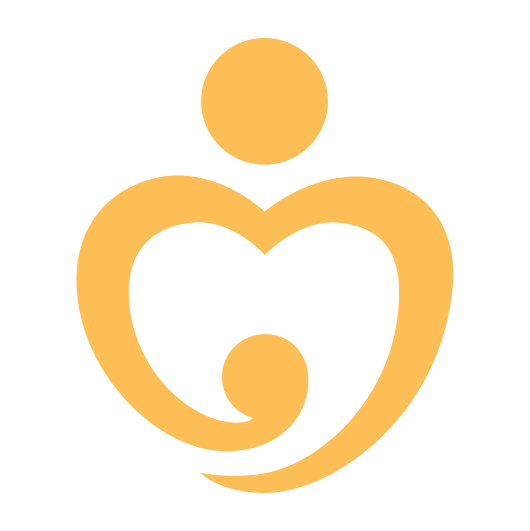Rural birthing center helping to create a new culture of institutional maternal care
Story & Photos by Naresh Newar, Phakphokthum Rural Municipality, Ilam District, Nepal
Nirmala lies down on the maternity bed, resting in peace cuddling her newborn daughter in the cozy birthing center of Phakphok Health Post in the remotely based Phakphokthum rural municipality ward-2 of Ilam district in east Nepal. Her relatives sit calmly waiting for her to wake up and then escort her home, where they have arranged a special welcome event for their newest family member.
“I feel so good coming here. The nurses are truly like my own sisters and this birthing center is like a home and mothers can feel so safe here,” says 40-year Nirmala, who shares her own stories of hardship when she previously had given birth to two daughters, both of whom were born at home as the health post had no birthing center due to lack of necessary equipment and kits needed for maternity care services.
Until two years ago, most births took place at home and there were zero institutional deliveries especially at this health post, which virtually had nothing to provide maternity care services. There was only one wooden table covered with a blanket to use as a maternity bed for birth delivery. The only service the health post could provide was antenatal care counseling services.
“All we had were skills and determination but that didn’t suffice to start our birthing center. It was only after One Heart Worldwide (OHW) provided support to buy all the equipment that we were able to start our birthing center,” says nurse Babita, who was trained as skilled birth attendant (SBA) with the financial support of OHW.
In 2019, OHW bought a proper stainless steel maternity bed, ultrasound (sonography) machine for checking pregnancy status, Intravenous therapy (IV) for fluid supply to rehydrate the mother, privacy screen, and trolleys to use as cabinets to store complete sets of maternity kits. In this way, OHW provided full support to the health post making the birthing center finally functional.
“Once we had a complete set of equipment, we were finally able start a proper birthing center but without OHW’s support, we would still not have a birthing center here and the local community would have to continue with home birth deliveries,” says nurse Babita, who recalls how helpless the nurses felt without all the equipment.
Her colleague, Karishma, also recalls how the birthing center was in a deplorable state when she first arrived after getting full training as a Skilled Birth Attendant.
She remembers at the time that there were almost 100% home birth deliveries in this ward. “Now the situation has changed and the establishment of the birthing center has created a new culture of institutional birth deliveries,” says nurse Karishma. In the first year of the birthing center in 2019, they were able to do 10 birth deliveries. In the past six months, their numbers of institutional birth deliveries have increased to 16.
“Now we have so many mothers coming here from the day of the pregnancies for ANC checkups and even after birth deliveries, many are eager to come for postnatal care counseling. The whole culture of safe motherhood has changed,” says Mamita R., the Phakphok Health Post In-Charge. She shares how the birthing center has made quite a big social and cultural impact, and improved the community’s perceptions of the health post and the health service providers.
She explains how the birthing center of their health post has not just provided medical services but also improved knowledge about neonatal care and safe motherhood practice. In addition, the birthing center has given them ample opportunity to learn a lot and enhanced their own abilities in health management and quality health care.
“When I first arrived here, the birthing center had already started and I was really impressed to see such a quality setting for maternity care services in such a remote place where most people still face hardship,” adds Mamita.
Although barely 50 km from the core center of Ilam district, which is home to Nepal’s tea gardens, pristine landscape, mountain streams, and dense natural forests, Phakphokthum rural municipality is rife with hardship for the local people. One of the key reasons is the poor road infrastructure. During the monsoon season, the road access gets worse filled with muddy roads that are challenging for transport.
“Without our birthing center, there would have been so many risks for the mothers as they would have to travel far to the towns and cities for safe birth deliveries. But that has changed now and we are so proud to have a well-equipped birthing center in our rural municipality ward,” says Ward Chair, Yam Bahadur Poudel Khatri.
Yam, who is the local community leader of his ward representing local government, believes that the birthing center has also transformed the social behaviors of his community, which had so little faith in their own health post and had no respect for the health service providers.
Most of the households often went through financial stress while spending their household income to travel to far-off hospitals.
“I know that several family members even sold their lands or went through huge debt to get money to spend for traveling to the hospitals, lodging, and medical expenses especially during health complications of the pregnant mothers,” explains Yam.
Yam explains how maternity care has been transformed overwhelmingly and there is a newfound faith among the community. The ward office is now also helping to raise awareness to other wards about the facilities at the birthing center to promote the idea of institutional birthing. That has encouraged families to even walk for several hours to reach the birthing center.
The birthing center is still quite small and the ward office has already planned to move this to a new hospital that they are building.
“We feel highly motivated and also inspired to know that our birthing center in our ward-2 has helped to earn a reputation as the model health post in the whole rural municipality,” says Yam.
Both Yam and the health post staff shared how they were impressed with how OHW didn’t just buy the equipment to create a birthing center but also continued their support in improving knowledge and skills in health post-management and quality maternity care.
OHW’s team also makes frequent visits to provide guidance to the team of nurses. Akanksha Lamjel, Training Field Supervisor, often provides on-site coaching to nurses to assess their skills and monitoring quality control for maternal and child health care.
“We verify the quality services through the perceptions of the community and they are the ones who will provide direct feedback on how the nurses and the birthing center are providing quality care,” says Akanksha, who makes regular visits across the district.
In Phakphokthum, she made another visit where dozens of mothers and young pregnant women had traveled by walking on foot for hours to attend the community perception meetings. Most of them shared that they had learned so much and gained a lot of support from the nurses who provided them good knowledge about safe motherhood practices and neonatal care.
OHW also arranges screenings of a video on maternal health guidance produced by OHW team providing detailed and easy-to-understand visual instructions from the early stages of pregnancy to post-delivery.
“We really admire how OHW has been helping to serve our community and we are so glad to have ‘doctors’ (local people call trained nurses their doctors) in our wards. Now even the fathers are very involved in maternal and child care,” says Bom B.B., a father of a new born, who had come to the public perception meeting in place of his wife.
He explains how the nurses have been involving also fathers and other relatives in maternal health counseling so that families get involved in promoting safe motherhood practices.
“During the birth of our first daughter, we had little knowledge about birth delivery, ANC, and PNC and we spend a lot of money traveling to the town for birth delivery. But now we don’t have to do that anymore and we really thank OHW for this change,” says Bom.
“Even as trained nurses as skilled birth attendants, we still have so much to learn. The onsite mentorship by OHW staff has helped to identify our knowledge gaps and have refreshed our own knowledge that has helped us to become professional nurses,” says nurse Karishma.
Female Health Care Volunteer (FCHV) Chandra Maya R. grew up in this remote rural municipality ward and she used to be quite worried especially with young local girls marrying at a young age. But now she feels that the birthing center has reduced risks for them as they are also quick to understand about safe motherhood and are also more keen as young women to gain more knowledge.
“The young women are especially lucky and I feel very relieved that they will be safer now due to the birthing center. It is also easy to encourage and motivate them when I counsel them to visit the nurses for counseling for both ANC and PNC,” says FCHV Chandra Maya.








